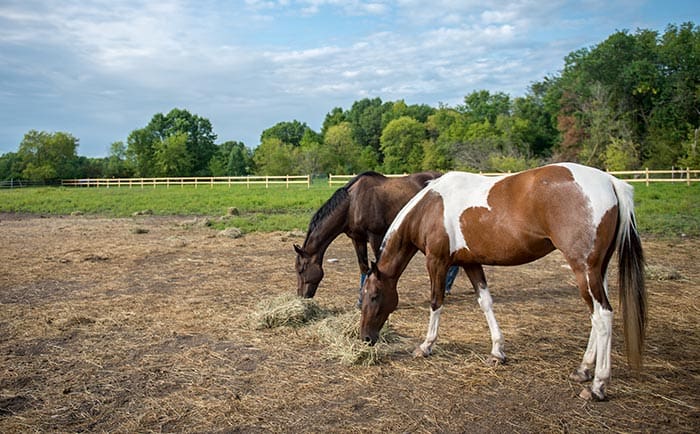Horse Owner Help During COVID-19
- Posted by Stephanie L. Church, Editorial Director

I’ve been curious—even a bit anxious—about how COVID-19 closures and cancellations will directly impact horse owners and their horses. As people are laid off from their jobs or must shutter their businesses in the face of decreased profits or inability to operate, they must find a way to cover their living expenses, as well as their horses’.
Spring hasn’t hit most pastures yet, so horse owners are still feeding a lot of hay … it’s simply a more expensive time of year to keep horses. It’s also tax season, and some owners owe the IRS.
“The timing is awful,” said emergency planning expert Rebecca Gimenez-Husted, PhD, who is based in Georgia. “There’s very little grass yet, and spring grass is so dangerous for laminitis risks
Create a free account with TheHorse.com to view this content.
TheHorse.com is home to thousands of free articles about horse health care. In order to access some of our exclusive free content, you must be signed into TheHorse.com.
Start your free account today!
Already have an account?
and continue reading.

Written by:
Stephanie L. Church, Editorial Director
Related Articles
Stay on top of the most recent Horse Health news with
















One Response
I don’t have a lot of information about it but Indiana Horse Council has dissolved. Our only Horse Council agency now is Indiana Horse Council Foundation.